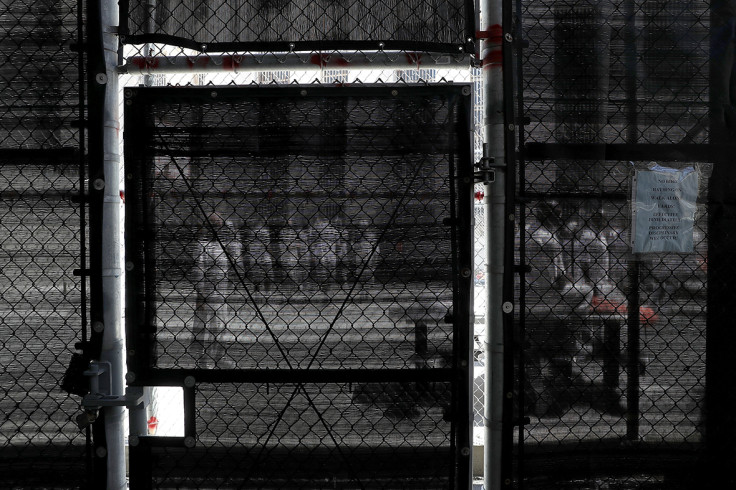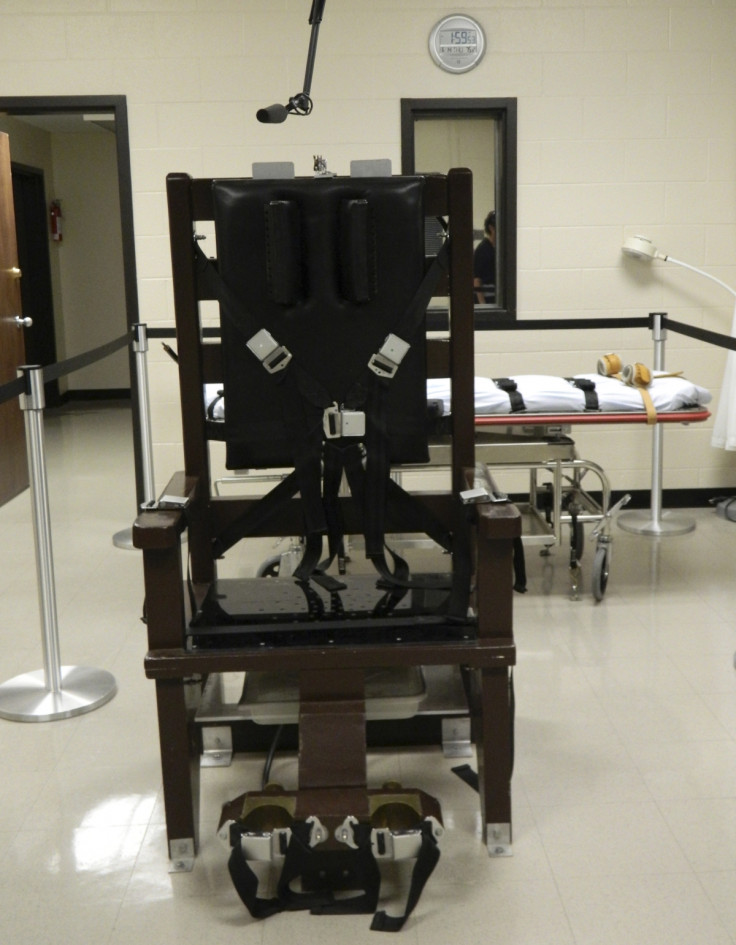US executions fall to 25-year low
Research also indicates support for the death penalty is falling.

Administering of the death penalty on convicted felons in the United States has reached a 25-year low according to annual figures compiled by the Death Penalty Information Centre (DPIC). Statistics showed that the US carried out 20 executions in 2016, compared to a 40-year high of 98 in 1999.
Additionally, the number of death sentences handed out by judges per year had fallen from 315 in 1996 to just 29 in 2016.
DPIC Executive Director Robert Dunham said: "America is in the midst of a major climate change concerning capital punishment. While there may be fits and starts and occasional steps backward, the long-term trend remains clear.
"Whether it's concerns about innocence, costs, and discrimination, availability of life without parole as a safe alternative, or the questionable way in which states are attempting to carry out executions, the public grows increasingly uncomfortable with the death penalty each year."
While the number of executions to have taken place has declined dramatically, the reduction in the number of inmates on death row has remained relatively static in the same period. The number of inmates on death row stood at 3,219 in 1996, but had fallen by just over 300 by 2016 to 2,905.
The news comes as it was reported that less than half of Americans support the death penalty. According to the Pew Research Centre, just 49% of Americans support the use of the death penalty, compared to 80% in the mid '90s.
In the UK, it was reported last year that support for reintroduction of the death penalty had dropped below 50% for the first time. According to a survey published in March 2015, roughly 48% of Brits would support the reintroduction of capital punishment.
The study also found disparity between different groups on the issue. Republican voters, for example, were more likely to sanction use of the death penalty with 72% voting in favour compared to 34% of Democrat voters. Men were marginally more in favour of the death penalty than women at 55% compared to 43%. Meanwhile Black and Hispanic people surveyed were less in favour of capital punishment than White people, who scored 29%, 36% and 57%, respectively.
The fall in support for the death penalty in the US coincides with questions around the methods of execution, which the US constitution deems must not be "cruel or unusual." Additionally, research by organisations such as DPIC, hinted at inappropriate use of the punishment, which indicated that of the 20 people executed in 2016 "at least 60% of them showed evidence of mental illness, brain impairment, and/or low intellectual functioning".
There was also disparity in the use of the death penalty between states. In fact two states were responsible for 80% of this year's executions, with Texas accounting for seven and Georgia for nine.
A number of US states have attempted to put an end to the use of the death penalty, in recent years. However, challenges against its use in Nebraska, California and Oklahoma have all been quashed.

© Copyright IBTimes 2024. All rights reserved.






